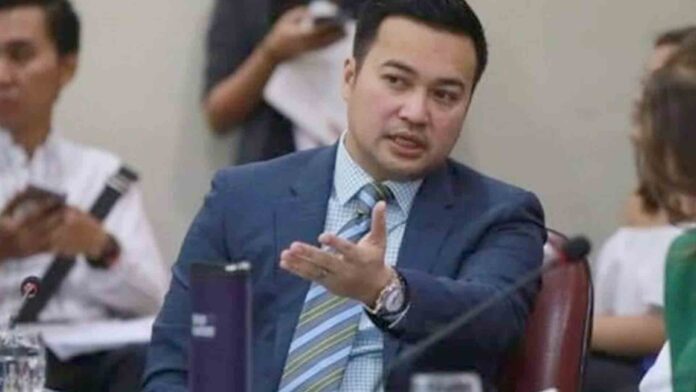Speaker Lord Allan Velasco on Thursday urged the Senate to pass a measure allowing the use of waste-to-energy (WTE) technologies to help solve the country’s garbage problem.
Velasco said the government should consider adopting WTE technologies for treating and disposing of solid waste as several landfills in the country will soon be filled up and create worse garbage disposal problems.
“Before this happens, we must now look for a cleaner and more sustainable method to treat and dispose of solid waste, such as WTE,” Velasco said.
The House of Representatives has already approved on third and final reading House Bill 7829 or the proposed “Waste Treatment Technology Act” in November last year.
Meanwhile, the Senate version is currently pending on the second reading.
The bill, which seeks to amend Republic Act 8749 or the Clean Air Act of 1999, aims to allow the use of any WTE technology, including incineration, as long as it does not produce poisonous or toxic fumes.
Velasco noted that WTE technologies convert the waste into energy and minimize the amount of trash sent to landfills, which also reduces negative impacts on the surrounding environment.
“WTE facilities provide a safe, technologically advanced means of waste disposal that reduces greenhouse gases and generates clean energy,” said Velasco.
He explained that WTE is widely recognized as a technology that can help mitigate climate change because the waste combusted at a WTE facility does not generate methane as it would at a landfill.
He said the electricity produced from a WTE facility offsets the greenhouse gases that would otherwise have been generated from coal and natural gas plants.
In the Philippines, the only waste disposal method allowed under RA 9003 or the Ecological Solid Waste Management Act of 2000 is sanitary landfill, which, he said, is quite expensive and difficult to build, operate and maintain.
According to government data, only 30 percent of the country’s population has access to sanitary landfills, many of which are close to filling up.
He cited that the country generates an estimated 43,700 tons of garbage daily.
The bill would regulate WTE facilities to make sure they are fitted with equipment that will continuously monitor, record, and make publicly available the reported data on their emissions or air pollutant concentrations.
The Department of Environment and Natural Resources (DENR) shall be primarily responsible for its implementation and enforcement.
The DENR will be mandated to promote the use of state-of-the-art, environmentally sound, and safe technologies for the handling, treatment, thermal or non-thermal destruction, utilization, and disposal of residual wastes. (PNA)






